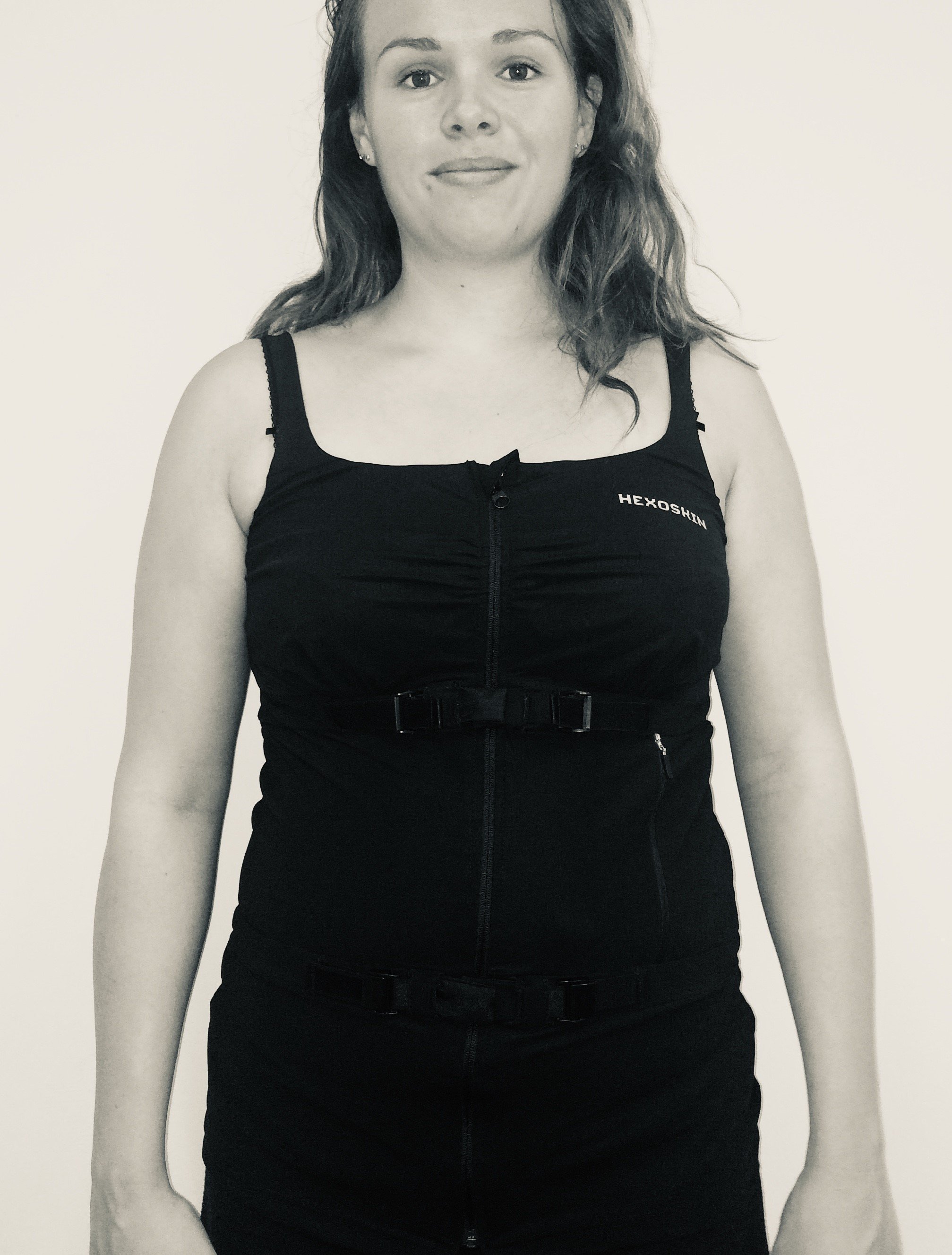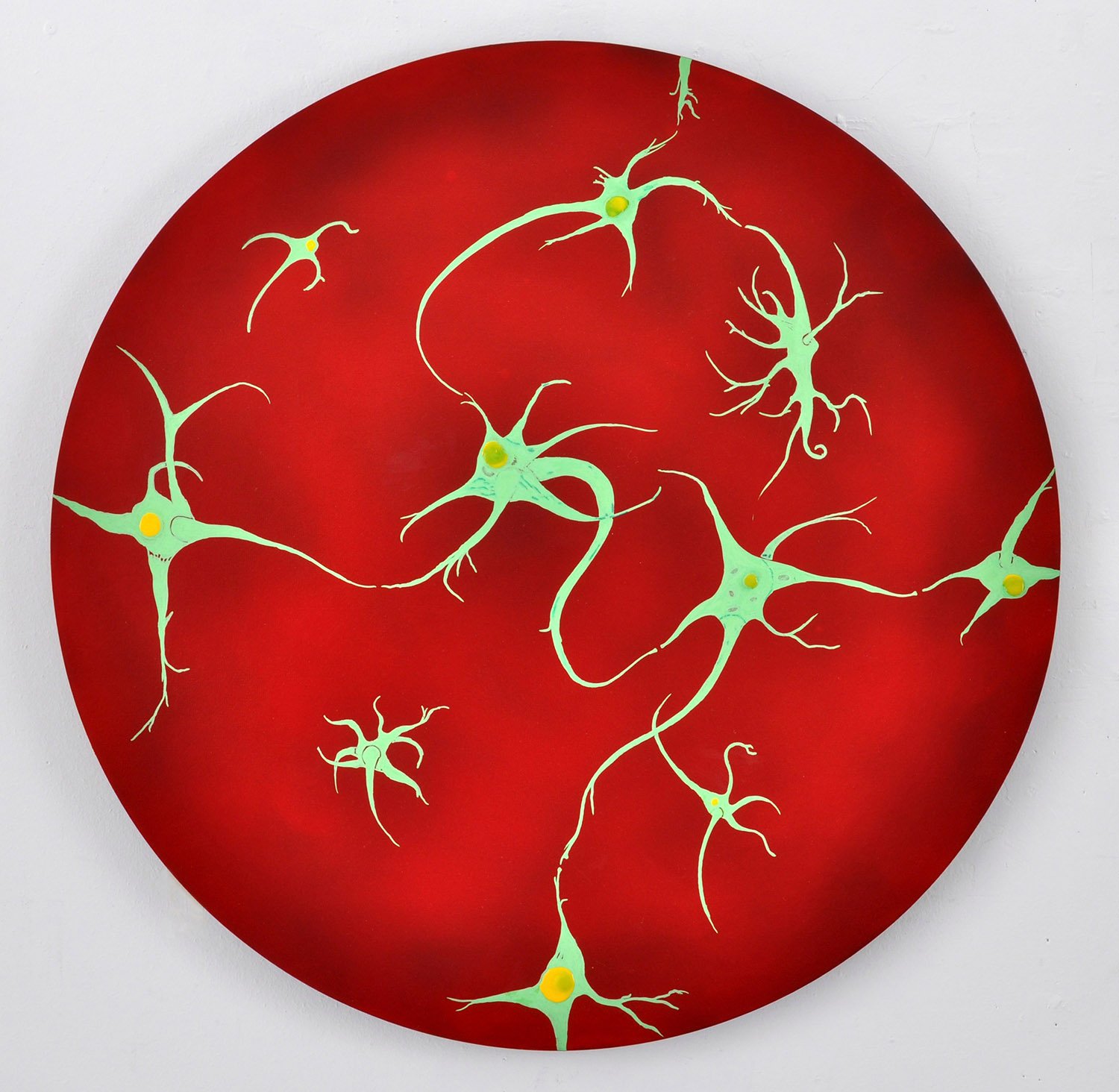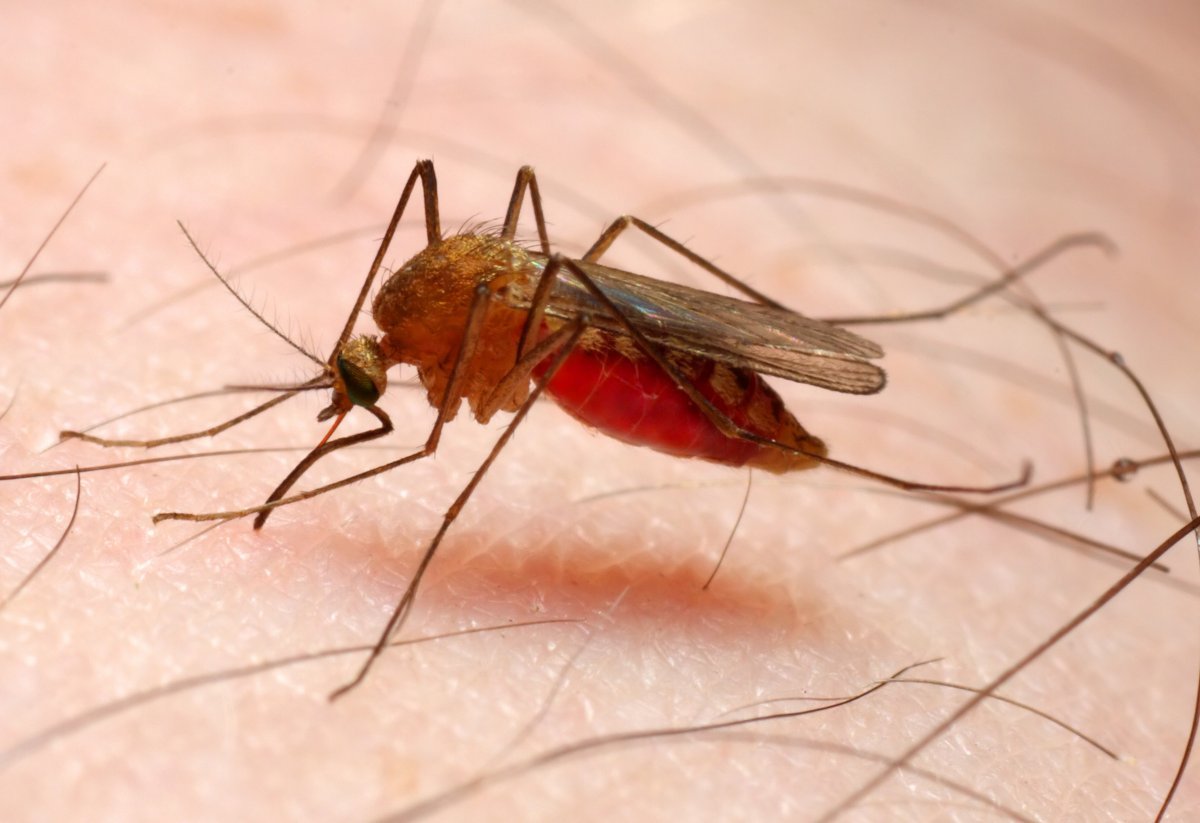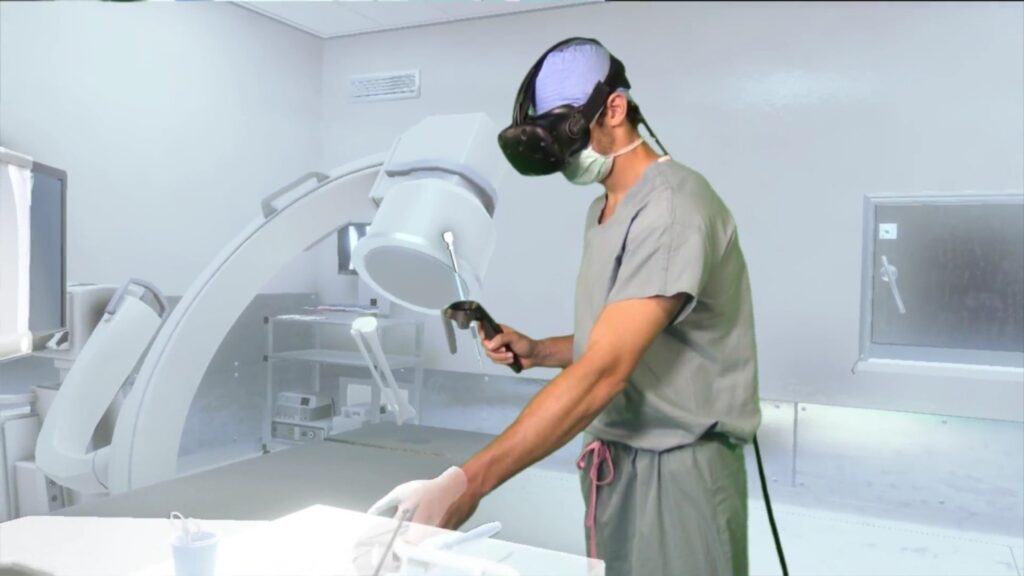‘Smart shirt’ can accurately measure breathing and could be used to monitor lung disease
A smart shirt that measures lung function by sensing movements in the chest and abdomen has proved to be accurate when compared to traditional testing equipment, according to research presented at the European Respiratory Society International Congress. Researchers have used the smart shirts, together with a mobile app, to reliably measure breathing in healthy people … Read more









